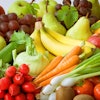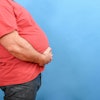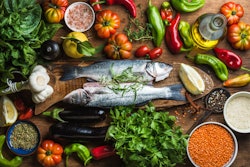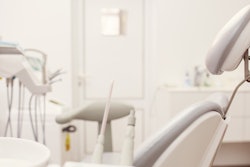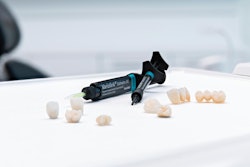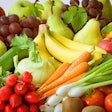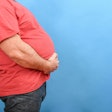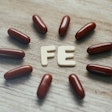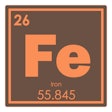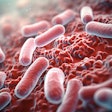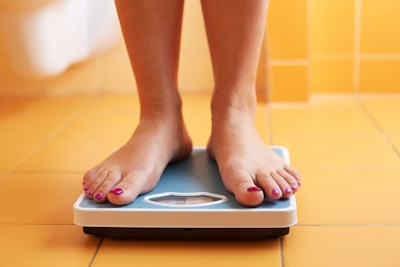
Certain popular diets may lead to more than the loss of a few pounds -- they may lead to tooth erosion, increase a person's risk of oral cancer and more, according to research presented at the International Association for Dental, Oral, and Craniofacial Research (IADR) General Session & Exhibition.
Since these diets can have a significant detrimental effect on teeth, clinicians should discuss them with patients, according to a research poster that Reese Blacker and Theresa Marshall, PhD, a professor of preventive and community dentistry at the University of Iowa, will co-present at IADR, which was held in March in New Orleans.
Influencers peddle a variety of diets on the internet -- ketogenic, paleo, South Beach, master cleanse, the grapefruit diet, and the cabbage soup diet -- to name a few. Blacker and Marshall evaluated 10 popular diets to identify carbohydrate exposure, nutrient adequacy, and acid exposure and their potential effect on a person's risk of developing caries, periodontal disease, erosion risk, and oral cancer.
The risk of caries increased with the lemonade, or master cleanse, diet, which is a liquid-only diet in which dieters drink a sugar lemonade beverage six to 12 times daily. Periodontal disease risk increased with the ketogenic, master cleanse, grapefruit, cabbage soup, and raw food diets, which are nutritionally inadequate, the researchers noted. It only slightly increased with the SiOBeauty, paleo, and South Beach diets, which provide marginally adequate nutrition, according to the research.
The risk of oral cancer increased with the ketogenic, master cleanse, and grapefruit diets, which are limited in the fruits and vegetables dieters can eat, and it slightly increased with the paleo diet, which is limited in some fruits and vegetables. Unsurprisingly, the risk of enamel erosion increased with the master cleanse and grapefruit diets, both of which entail significant exposure to citrus.
However, the Mediterranean and gluten-free diets were not linked with an increased risk of oral disease, they wrote.
"Oral healthcare professionals should be cognizant of popular dietary trends as a patient's diet can impact their oral disease risk," Blacker and Marshall concluded.


